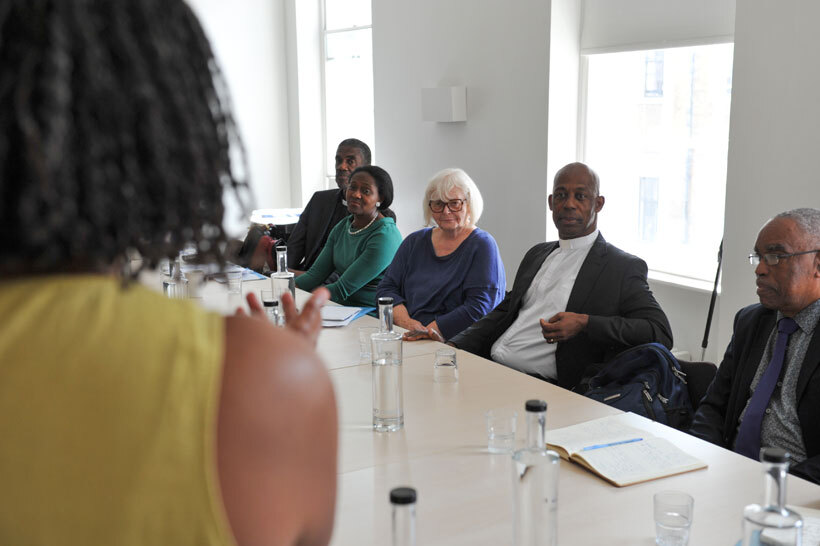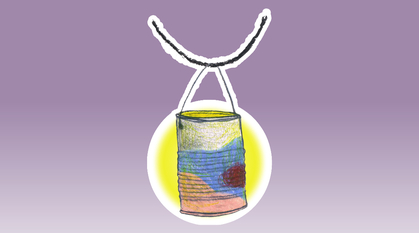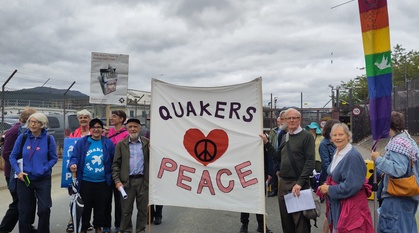Reparations: learning from Jamaican experience
Siobhán Haire shares some reflections on meeting with the Churches' Reparations Action Forum.

In June 2023, representatives of Quakers in Britain met with members of the Churches' Reparations Action Forum (CRAF), a Jamaican group composed largely of faith leaders who aim to take forward conversations about reparations for the wrongs of slavery. CRAF members travelled to Britain in June 2023 to meet with a variety of faith groups to discuss reparations.
The legacy of enslavement
I am sure that all of us present on behalf of Quakers went into the meeting with a sense of the legacies of chattel slavery. However, hearing from CRAF members about how these were lived out in Jamaica today allowed us to understand those legacies in a more visceral way.
They shared in detail the impact which centuries of enslavement, as well as the ways in which emancipation was enacted, has on Jamaica now. 13% of citizens live in extreme poverty, around a third are not in secure or permanent accommodation. 52% of the population drop out of education before the expected school leaving age, and 70% leave school with achievements below a grade 4 level (aged 9/10).
This is not to say that Jamaica is a nation without ambition or aims to improve the lives of its citizens, but that it has been hampered in doing so by the immense weight of the legacy of slavery and colonialism.
Violence against women and girls
Connected to this, CRAF members with specialist research knowledge explained the link between enslavement and the high rates of violence and sexual violence against women and girls in Jamaica today. Rape and sexual violence were primary tools for the control of enslaved women and girls, and in Jamaica there remains to this day a high level of violence against women and girls.
Theological harm
CRAF is a faith-based forum, and its members also shared the particular role which they believed faith groups could play in enacting reparation. As well as the funding of slavery by churches, they spoke compellingly about the spiritual and moral deceits that had been visited upon enslaved people and were still experienced by their descendants.
Enslaved people and their descendants were steeped in a version of Christian teaching that taught them that their struggles on this earth were as nothing compared to the reward awaiting the righteous in heaven. As such, Christian teaching became a tool for the enslaver, discouraging the enslaved from seeking redress on Earth.
Reclaiming a liberatory faith, which prompts believers to address problems of social injustice and poverty, and to undo the spiritual deceit of Christian teaching under the regime of enslavement, are both seen by CRAF as core elements of true reparation. There must be theological reparations for theological damage.
Deepening Quaker understanding
The Quaker minute recording the commitment to reparations includes the words “We do not need to begin this work afresh, but can build upon the foundations laid by others and work with partners including other churches and faith groups." CRAF representatives have been talking, thinking and writing about the basis for reparation for many years, and it felt like we were building on this minute through meeting with them.
Our gathering, despite its serious subject matter, was also full of connection and enjoyment. Spending time with representatives from CRAF deepened our understanding of the need for reparations, and the forms they might take. As Quakers in Britain, we are hopeful that the relationships that we are forging with this group, and with others, will help us to play our part in the collective journey towards healing and justice.


